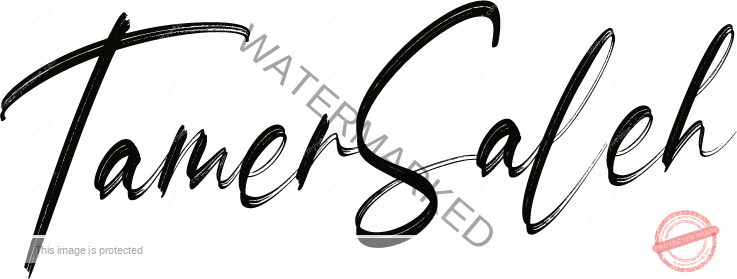Art, AI, and the Unclonable Human Soul: A Technologist’s Reflection on the Future of Creativity
By: Tamer Saleh
As someone who transitioned from a long-standing career in technology into the world of abstract art and book writing, I’ve had the unique opportunity to stand at the crossroads of two seemingly distant disciplines: artificial intelligence and human creativity. AI is rapidly transforming modern life—and the creative world is no exception. We now have AI tools that can generate music, write poetry, and produce abstract art at unprecedented speeds. But even as the technology evolves, one question remains: can a machine truly replicate the essence of human expression?
AI in Art: Capable of Output, Not Emotion
AI-generated art is astonishing in its capability. It can analyze vast datasets of historical works and produce thousands of stylistic variations within seconds. These tools can simulate brushstrokes, mimic color harmony, and reproduce visual structures with stunning precision. Yet for all its technical brilliance, AI art lacks something irreplaceable: emotion.
As an abstract expressionist, I know that each brushstroke is more than a mark—it is a reflection of a mood, a tension, a moment. Human-made art is full of imperfections, from errant drips of paint to uneven textures. These are not errors to be fixed—they are the soul of the work itself. AI, for all its power, cannot make a mistake born of emotion, nor can it understand what that mistake means.
Books, Paintings, and the Power of Lived Experience
The same holds true in writing. As an author, I’ve seen how AI can write grammatically perfect content, craft plausible characters, and even mimic literary styles. But AI doesn’t know heartbreak, joy, or resilience. It cannot draw from a childhood memory or reflect on a sleepless night of doubt or inspiration. A story written by a human connects because it comes from somewhere real. Art and writing are not about polished perfection—they are about connection. They are about being known.
Imitation Without Meaning
AI will continue to evolve and support creative work. It will assist, accelerate, and even challenge artists and writers. But it cannot replicate the most vital element of any creation: the human behind it. Imperfection, emotion, spontaneity, contradiction—these are the things that breathe life into creative work.
True art is not created by code. It is created by people—flawed, feeling, fearless people. And that is something no algorithm can replace.


